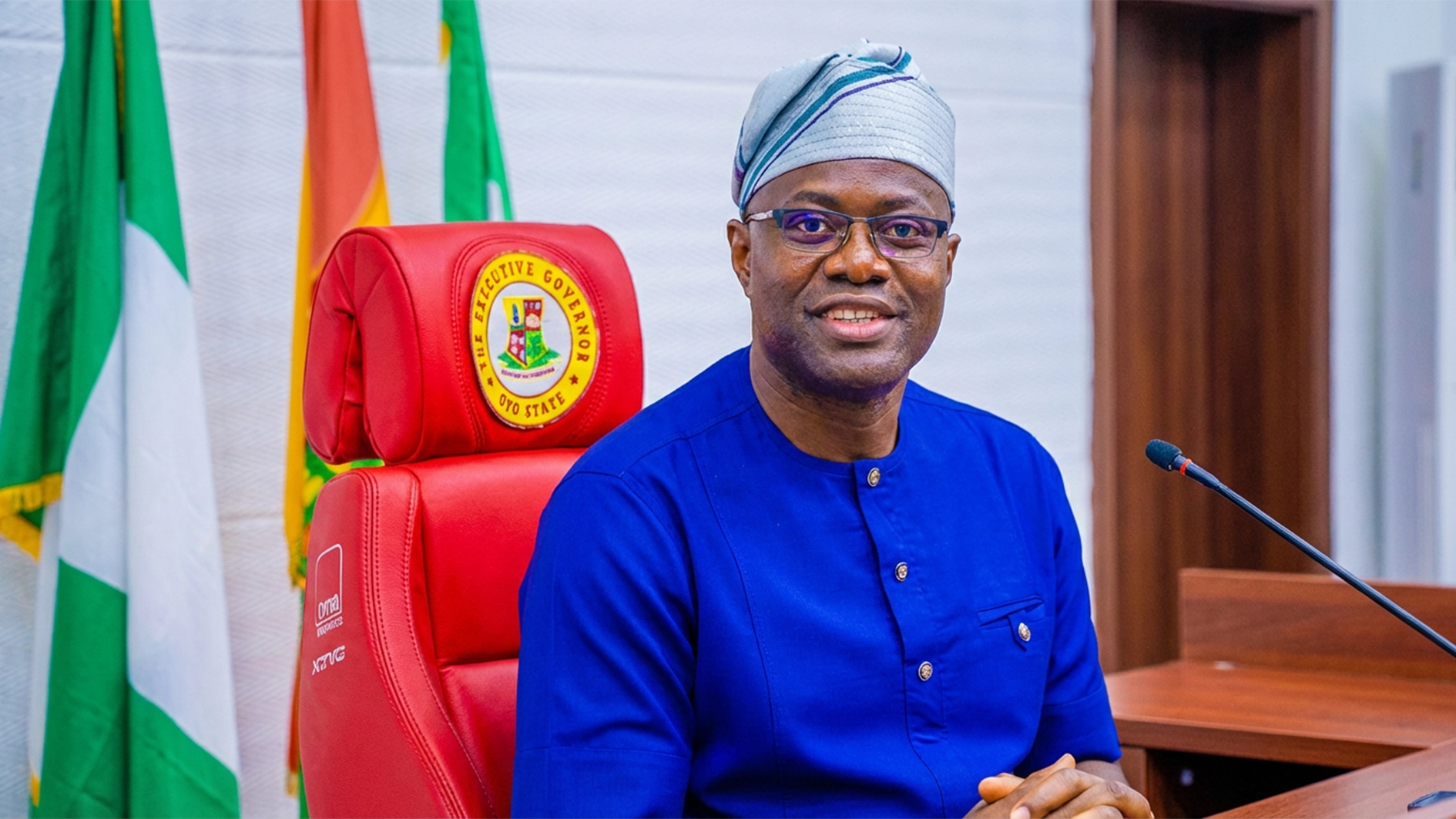
Bill granting monarchs constitutional roles for second reading
A bill to amend the Electoral Act No. 13, 2022, to allow for early voting in elections has passed a second reading in the Senate.Sponsored by Sen Abdulaziz Yar’Adua (APC, Katsina Central), the bill aims to enfranchise Nigerians who, due to the nature of their duties on election days, are unable to vote.
Leading the debate, Yar’Adua emphasised that the bill would correct the disenfranchisement of key election workers, ensuring their democratic right to vote.
The Senate, yesterday, also approved for second reading the bill to establish the National Council for Traditional Rulers, aimed at formally giving monarchs and community heads vital political roles in the country.
Yar’Adua stated: “In any democracy, equal opportunity must be given to all citizens to participate in elections, regardless of gender, ethnicity, religion, occupation or socio-economic status,” he stated.
He pointed out that over one million Nigerians involved in election duties, including INEC officials, ad hoc staff, security personnel, journalists and election observers, were effectively denied their right to vote because they were deployed far from their registered polling units.
“This is an irony that should not be lost on us, and this bill seeks to correct that by making provision for early voting for such citizens,” he added. He argued that the exclusion of the voters could significantly impact election outcomes.
Noting that early voting would bring Nigeria’s electoral system to international standard, he added that it would further strengthen universal adult suffrage.
Many senators, including Jimoh Ibrahim (APC, Ondo South), voiced strong support for the bill, describing the exclusion of election workers from voting as harmful to democracy.
Presiding over the plenary, Deputy Senate President, Jibrin Barau, referred the bill to the Senate Committee on Electoral Matters for further review. The committee is expected to report back in four weeks.
THE bill to establish National Council for Traditional Rulers was sponsored by Simon Lalong (APC, Plateau South). When the bill was first introduced, it sparked extensive debate among lawmakers, with concerns raised about potential conflicts between the responsibilities of traditional rulers and elected officials at the local council level.
But Lalong, a former Plateau governor, argued that today’s traditional rulers were educated and could provide valuable counsel on issues such as insecurity and other national matters, which could assist the government in addressing the needs of the citizens.
The erstwhile Director-General of the Tinubu-Shettima Campaign Council said: “When there are crises and killings, the first thing people say is ‘let’s hold the traditional ruler responsible.’ It is true that in their communities, they know everybody, including the criminals.
“We need to charge them with responsibilities where they will be committed. But for now, you can’t hold them responsible. As the DG of the campaign for Tinubu and Shettima, we went around having some meetings with these traditional rulers. Every time we want them to participate, they ask to be given a role. So, it was also part of our (electioneering) campaign. So, I don’t see how we can jettison that when we are struggling for a constitutional amendment with respect to security. If we don’t have security, every other thing we are doing is rubbish.”
Despite his assurance, some senators still expressed concerns about the possibility of overlapping duties and emphasised the need for the bill to clearly delineate the roles of traditional rulers and government officials to avoid confusion.
Senate President Godswill Akpabio stressed the importance of clearly defining the functions of traditional rulers within the bill. He suggested a public hearing to gather input before the bill goes for third reading. The bill was subsequently referred to the Senate Committee on Establishment, with a mandate to report back within four weeks.






